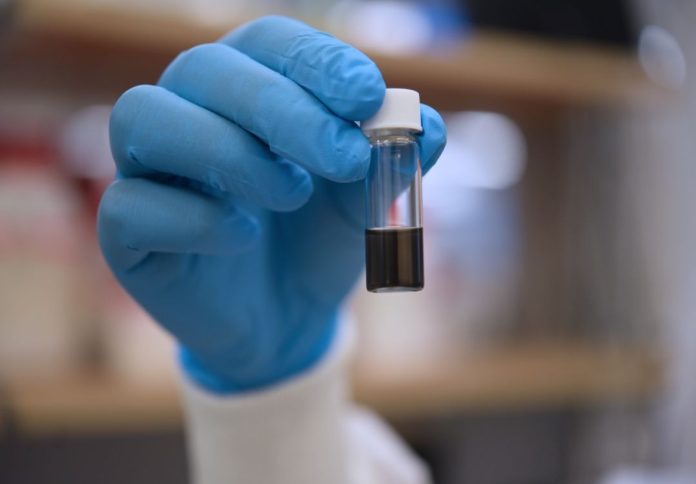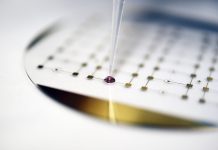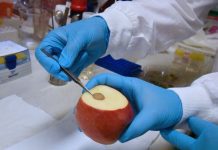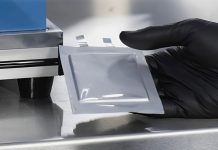
Researchers at the University of Queensland have developed sponge-like gold particles that could help improve the way doctors triage women with suspected ovarian cancer, offering a more accurate and less invasive alternative to current diagnostic tools.
The project, led by UQ PhD student Javeria Bashir, focused on designing mesoporous gold nanoparticles that can detect cancer markers in samples such as urine, saliva, or blood.
Bashir, who conducted the study under the supervision of UQ experts, said the new technology was aimed at tackling one of the most difficult cancers to detect early.
“Ovarian cancer rarely shows clear symptoms in its early stages, and diagnosis is often complex,” she said. “Current approaches make it difficult to accurately triage and identify women with ovarian cancer compared to those with benign conditions, often requiring painful and invasive procedures such as tissue biopsy.”
She said she hoped the UQ-led innovation could help women avoid unnecessary interventions. “To me, this creates an unacceptable situation for women,” Bashir said. “At present, there is no effective and accessible test to accurately identify ovarian cancer and prevent women from undergoing unnecessary procedures.”
Supported by researchers from UQ’s School of Mechanical and Mining Engineering, the Australian Institute for Bioengineering and Nanotechnology, the UQ Centre for Clinical Research, and the UQ Centre for Extracellular Vesicle Nanomedicine, Bashir and her colleagues used the particles to enhance light sensors through a process known as Surface-Enhanced Raman Scattering (SERS).
“SERS platforms are already highly sensitive and can detect biomarkers at the nanoscale,” Ms Bashir said. “Using mesoporous gold nanoparticles increased that sensitivity even further compared to nonporous, or commercially available nanoparticles. Essentially, the gold particles act like tiny light amplifiers, creating hotspots that reveal even the faintest traces of cancer.”
According to UQ, the combination of the nanoparticles with a handheld Raman spectrophotometer and a simple tube to hold patient samples has already been shown to outperform current blood tests, achieving 82 per cent sensitivity in confirming ovarian cancer and 98 per cent specificity in ruling it out.
Bashir said the portability, simplicity, and affordability of the UQ-developed technology could be particularly beneficial in remote and under-resourced regions.
“This project demonstrates how mesoporous nanotechnologies can help us transform disease monitoring and pave the way for personalised treatment strategies,” she said. “Devices like this are moving closer and closer to everyday use.”
The research, published in the nanoscience and nanotechnology journal Small, was conducted under the supervision of UQ Associate Professor Md Shahriar A. Hossain, Dr Mostafa Kamal Masud, Professor Yusuke Yamauchi, and Professor Carlos Salomon. Contributions also came from the Mater Research Institute and Oregon Health & Science University.



















